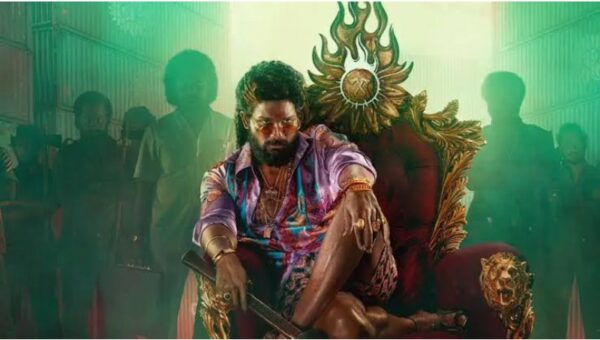Here is everything you need to know about Krishna Janmashtami in 2022, including the history of the Hindu holiday, its significance, and how it will be observed in India.
Janmashtami, also known as Krishna Janmashtami, Gokulashtami, Krishnasthami, or Srijayanti, is a Hindu festival that commemorates the birth of Krishna, the eighth manifestation of Vishnu. The two cities where Krishna is thought to have been born and raised, Mathura and Vrindavan, respectively, host the biggest celebrations of this festival.
Time and date:
In India, the eighth day of the dark fortnight in the month of Bhadrapada (July-August) is observed as Krishna Janmashtami. It’s unclear this year whether Krishna Janmashtami will be observed on Thursday, August 18, or Friday, August 19, 2022.
The Nishith Puja time starts at 12:02 am on August 18 and finishes at 12:48 pm on the same day, but Ashtami Tithi time starts at 9:21 pm on August 18 and concludes at 10:59 pm on August 19, 2022, therefore it will be observed on both days.
Background and importance:
Hindu legend holds that on this day, Krishna, the human form of Vishnu, was created in order to vanquish Kansa, the evil brother of Devaki, Krishna’s upright mother, who ruled Mathura. Devaki and Vasudeva’s son Krishna was born at Mathura on the eighth (Ashtami) day of the dark fortnight in the Bhadrapada month (August-September).
When Krishna was born, Mathura was ruled by his uncle, King Kansa, who wanted to kill his sister’s children as a prophecy said that the couple’s eighth son would cause Kansa’s downfall. After the prophecy, Kansa imprisoned Devaki and Vasudeva and killed off their first six children.
However, at the time of the birth of their seventh child, Balram, the foetus mystically transferred from Devaki’s womb to Princess Rohini’s. When their eighth child, Krishna, was born, the entire palace went into slumber and Vasudeva rescued the baby to Nand Baba and Yashodha’s house in Vrindavan.
After making the exchange, Vasudeva returned to the palace with a baby girl and handed her to Kansa. When the evil king tried to kill the baby, she transformed into Durga, warning him about his impending doom and in this way, Krishna grew up in Vrindavan and later killed his uncle, Kansa.
Celebration:
Devotees mark this auspicious occasion by observing a fast and praying to Krishna. They adorn their homes with flowers, diyas and lights while temples are also beautifully decorated and lit.
The temples of Mathura and Vrindavan witness the most extravagant and colourful celebrations as Krishna is believed to have been born and spent his growing years there. Devotees perform Raslila to recreate incidents from Krishna’s life and to commemorate his love for Radha and since Krishna was born at midnight, an idol of an infant Krishna is bathed and placed in a cradle at that time.
Maharashtra also sees joyous celebrations of this festival as people enact Krishna’s childhood endeavours to steal butter and curd from earthen pots. This activity is called the Dahi Handi celebration for which a matka or pot is suspended high above the ground and people form a human pyramid to reach it and eventually break it.







